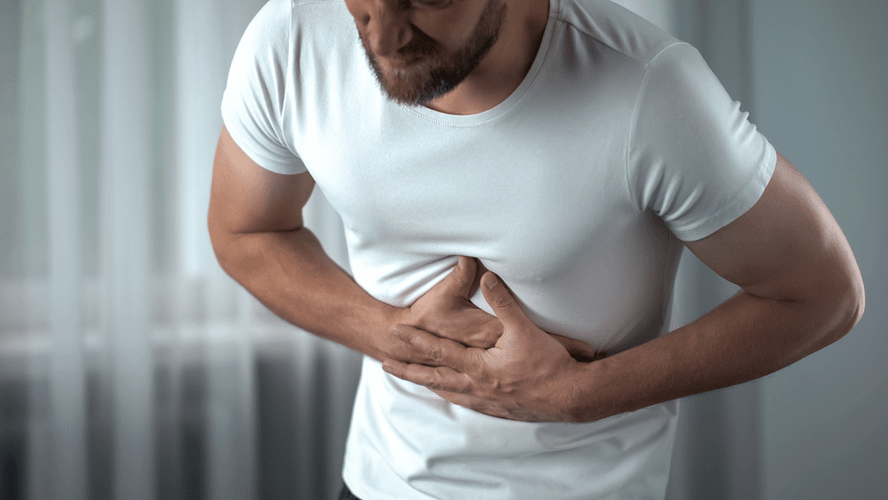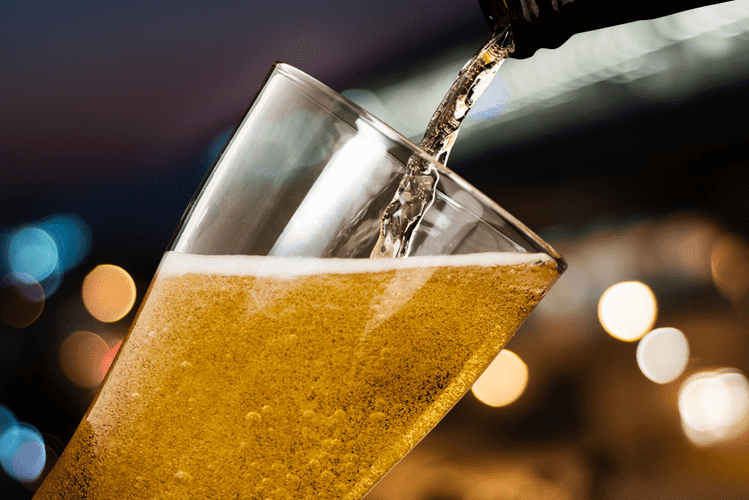The Grove Editorial Team is a dynamic group of professionals at The Grove, a leading addiction treatment center in Indianapolis, Indiana. Comprising experienced therapists, medical experts, and dedicated support staff, this team brings a wealth of knowledge and compassionate insight into the complexities of addiction and recovery. Their collective expertise shines through in each article, offering readers valuable guidance, the latest in addiction science, and inspiring stories of healing and transformation. The Grove Editorial Team is committed to educating, supporting, and alcoholic tremors empowering individuals and families on their journey toward a healthier, substance-free life. Alcohol withdrawal triggers shakes due to the sudden decrease in alcohol intake after a period of heavy and prolonged use, causing the nervous system to become hyperactive.

Denying Our Mental Health: Why We Do It and How To Move Past It
- For the past 9 years, she additionally has been overseeing the detox area, health services, and office of family support.
- Tremors are involuntary movements and muscle contractions that result in shaking.
- About 5% of hospitalized AUD patients suffer from delirium tremens (DT).
- Therefore, it is vital to seek medical help immediately if one experiences alcohol tremors.
While alcohol tremors are a common sign of alcohol withdrawal, not everyone undergoing alcohol withdrawal will necessarily experience them. Alcohol consumption, especially in excessive amounts, can lead to a range of physical symptoms, including shaking or tremors. These shakes from alcohol are often a sign of the body’s reaction to alcohol intake or withdrawal.
How can Alcoholics Recover and Receive Support?
This guide covers treatment realities, relapse factors, and keys to successful recovery. Our caring treatment navigators are standing by 24 hours a day, 7 days a week ready to help you or your loved one. When you call Rolling Hills Recovery Center you can trust that you will find the help you need – at no cost or obligation to choose our program. Therapy plays a big role in helping you understand the real reasons behind your drinking. It also teaches you how to manage stress and emotions that might lead you back to drinking.
Verify Your Insurance Coverage
Flapping tremors (also known as “asterixis”) occur in advanced cases of alcoholic liver disease and are an ominous sign of impending liver disease. They are a https://destekbetgit.com/sober-curious-lifestyle-rises-in-popularity-with/ type of involuntary muscle movement that involves an unexpected loss of muscle contractions. The interruptions of voluntary muscle actions where the person can’t hold a sustained posture, lead to involuntary jerking movements that resemble a bird flapping its wings. Detoxification, commonly known as detox, refers to the physiological process of eliminating harmful substances from the body. It is the initial step in overcoming addiction and paving the way for a healthier, substance-free life. During detoxification, the body works to metabolize and eliminate the toxins accumulated from prolonged substance abuse.
- There is no way to know if you will experience alcohol tremors after drinking, but symptoms usually start around 6 hours after your last drink, which is good to keep in mind.
- Asterixis is an involuntary, brief flapping movement that predominantly affects the muscles of the arms, though it can also involve other muscle groups.
- To manage a successful tapering, the alcoholic may need to rely on friends or family to help monitor the situation.
- The result is withdrawal symptoms, in which tremors stem from the increased excitability of the central nervous system.
The cerebellum (responsible for movement), amygdala (controls emotion regulation), Halfway house and prefrontal cortex (controls decision-making), are the main areas where alcohol causes hindrances. Recent studies show that alcohol, both in the short and long term, impacts specific channels in brain cells that control how active those cells are. These effects go beyond how alcohol influences communication between brain cells (synapses) and also alter the cells’ basic activity levels.
In the case of alcoholic withdrawal, addicts experience extremely high blood pressure, hallucinations, and often violent shakes. It’s hard to pinpoint an exact number for each person because everyone’s different. Some have genetic conditions that mean it’s very easy for them to experience intoxication from alcohol. Others may be more susceptible to intoxication and DTs because of medications they take, health conditions and other factors.

Complications or side effects of the treatment
A study has revealed that 47% of people struggling with alcohol misuse had a postural tremor and functional disability occurred in 17 % of those. Delirium tremens occur in about 2% of people with alcohol dependence. Different from alcohol shakes, this condition may also cause agitation and hallucinations. This can disrupt the way the brain sends instructions to the muscles and nerves, causing symptoms such as tremors in the fingers or hands.

People who experience severe symptoms of alcohol withdrawal may also develop delirium tremens. Uncontrollable shaking, usually in the hands, is a common sign of alcohol withdrawal. The shakes also called tremors can begin 6-10 hours after the last drink, and tend to be the most pronounced from the last alcohol consumption. If you or someone you know is experiencing alcohol shakes, seek medical advice from a qualified healthcare provider. Committing to the alcohol recovery process is the best way to keep tremors at bay.
Why Alcohol Shakes and Tremors Happen and What To Do
Because there are many different medications and treatment approaches, the side effects can vary widely. Your healthcare provider is the best person to tell you more about the possible complications you might experience after your symptoms improve and confusion resolves. Your provider may also tell loved ones authorized to know and make choices about your care. In this blog, we will explore the causes and treatments for alcohol-induced shakes and tremors, how to stop alcohol sweats, and what steps you can take to improve your health moving forward. Whether you’re experiencing tremors yourself or supporting someone who is, understanding why alcohol shakes occur and what can be done to stop them is vital for a better future. When an individual with habitual alcohol ingestion suddenly stops alcohol use, the CNS experiences glutamate excitation without alcohol-induced inhibition, causing an imbalance in CNS homeostasis.
Treating Alcohol Tremors
By incorporating these essential tremor prevention tips into your daily routine, you can potentially minimize the impact of tremors on your life. While alcoholism can be a risk factor for developing essential tremor, it is not the sole cause of the condition. Other factors, including genetics and environmental influences, can also contribute to its onset. By being mindful of alcohol’s potential effects and making informed choices, individuals with essential tremor can effectively manage their condition while still enjoying alcohol in moderation. Damage to the cerebellum from drinking typically takes about a decade to occur and can be revealed on an MRI scan as shrinkage in the cerebellum. It is believed to be the result of toxic effects that alcohol has on the brain, as well as nutritional deficiencies (notably the B vitamin thiamine) common among those who suffer from alcoholism.
- In more severe cases, particularly for those with chronic alcohol use disorder, shakes can last much longer.
- Regardless of whether medical care is needed to stop the shakes, it is important to also follow-up for ongoing alcohol treatment after tremors and other withdrawal symptoms pass.
- Body type, weight, gender, amount of alcohol consumption, and frequency of consumption all impact how a person’s body will react to shakes and for how long.
- Beyond tremors, chronic alcohol consumption has a host of other health implications.
- If you or a loved one are experiencing shakes or tremors from alcohol, consider the many treatment options available.
Why Do Shakes from Alcohol Occur?
Camille is dedicated and compassionate, with a deep-rooted passion for helping individuals and families navigate the complexities of addiction. Elvinesh’s compassion for others and love of food makes for a winning combination to take care of clients from the inside out. Some tests can be performed by a doctor to rule out other causes of neurologic symptoms. Health supplements like vitamin B-complex, vitamin C, potassium, and magnesium can account for specific nutrient deficiencies common to AUD.
